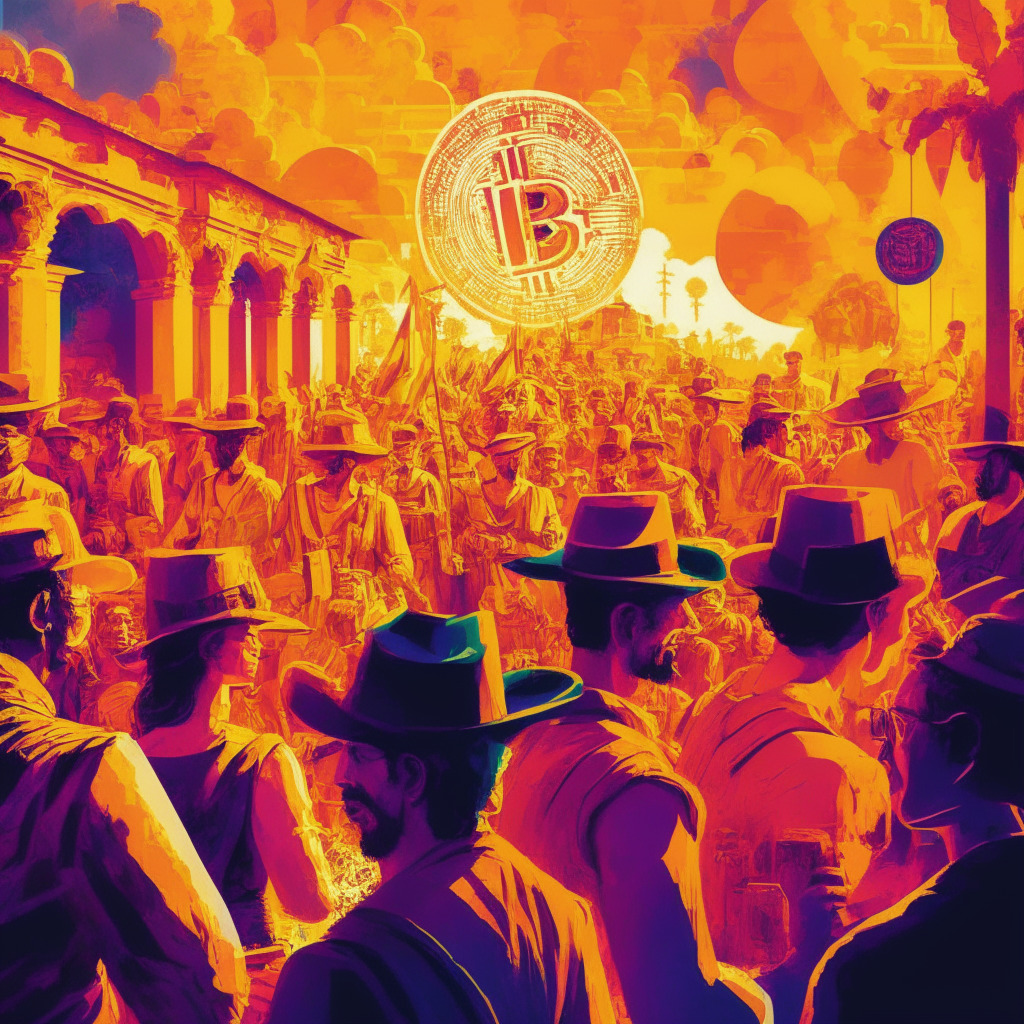The eminent French crypto hardware wallet creator, Ledger, is setting its sights on expanding into Latin America, a move that promises to strengthen its supply chain across the Americas. The company has already launched official resellers in multiple countries including Brazil, Argentina, Mexico, Chile, and Colombia. Yet, countries such as El Salvador, Panama, Guatemala, Peru, and Venezuela do not yet enjoy the same accessibility to Ledger’s products due to a lack of official resellers.
Crypto enthusiasts in these nations often face considerable shipping costs or are forced to pay premium costs through unofficial, less reliable sources. With crypto adoption surging in regions such as Latin America, Ledger’s foray into these markets could greatly benefit potential customers, providing easier access to their product line.
Earlier this year, Ledger teamed up with a US-based logistics firm in a strategic move to distribute some of the inventory that was previously housed in its Asia and Europe factories. This collaboration was primarily designed to cover the North American region, with Canada and the US as the initial focus. Nonetheless, the company outlined plans to extend the alliance to cover Latin America as well.
The move syncs well with the current climate in several nations in the region, as crypto adoption continues to rise. Countries like Panama, El Salvador, and Peru have witnessed substantial crypto mining and purchasing activities in recent years. The situation is less promising in Venezuela where a series of corruption charges leading to an arrest of most of the nation’s pro-crypto ministers have stymied crypto adoption plans.
Interestingly, Venezuela has liked hardware-based crypto wallets in the past. In 2019, Venezuelan President Nicolás Maduro was given a Trezor wallet, which he publicly praised on state television. Bitcoin advocate Samson Mow also noted that due to its legal system, Guatemala could quickly adopt Bitcoin as a form of payment.
Ledger isn’t just expanding its global reach; it’s also innovating its products. Recently, the company announced the launch of Ledger Enterprise TRADELINK, a platform designed for off-exchange trading with regulated custodians, giving users access to exchanges and brokers including Crypto.com, Wintermute, and Komainu. Navigating the challenges and opportunities of the cryptocurrency markets is not an easy task, and Ledger’s plan to expand in Latin America reflects their commitment to meeting the mobility needs of the digital age. In an uncharted field like crypto, adaptability and foresight are key, and Ledger seems to be proving that in strides.
Source: Cryptonews




